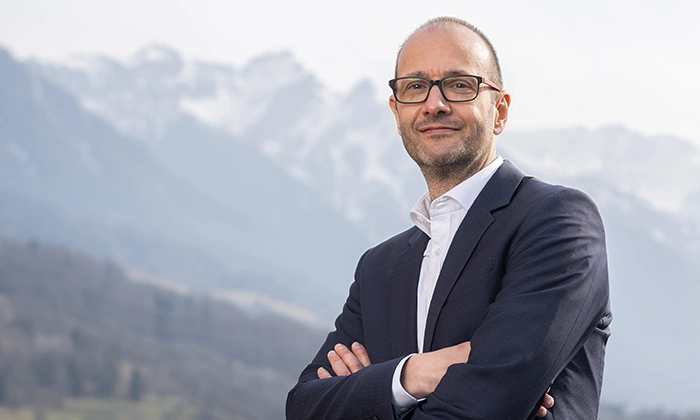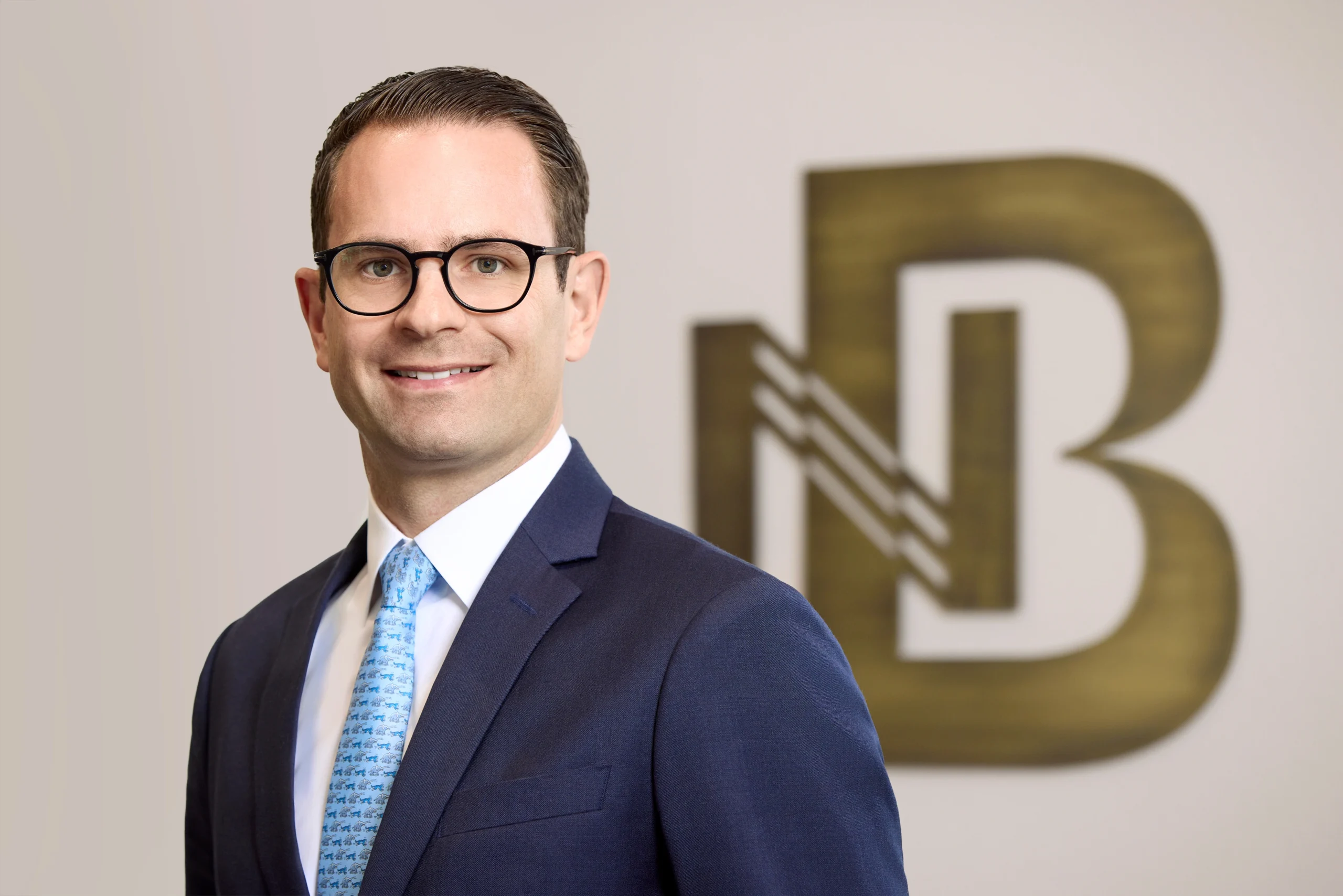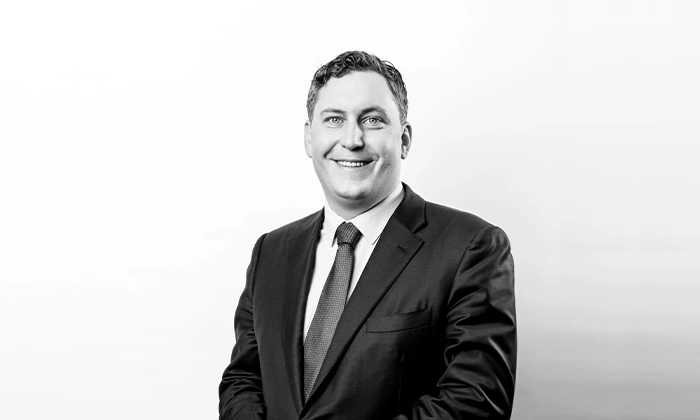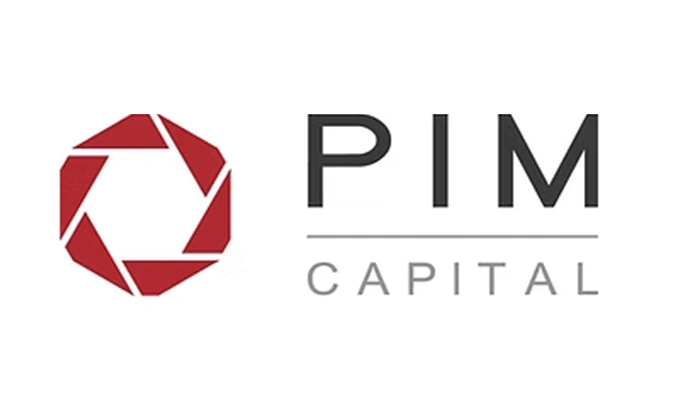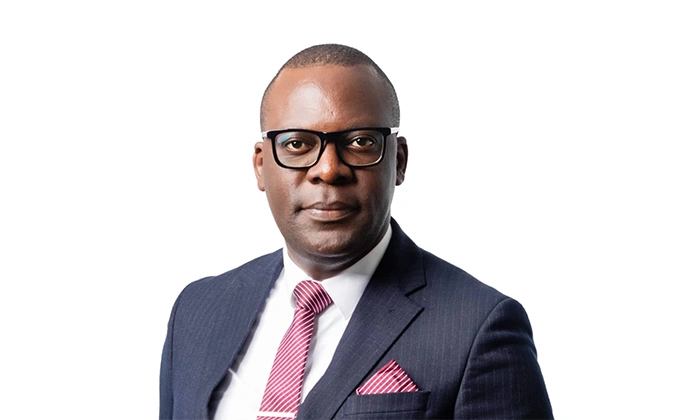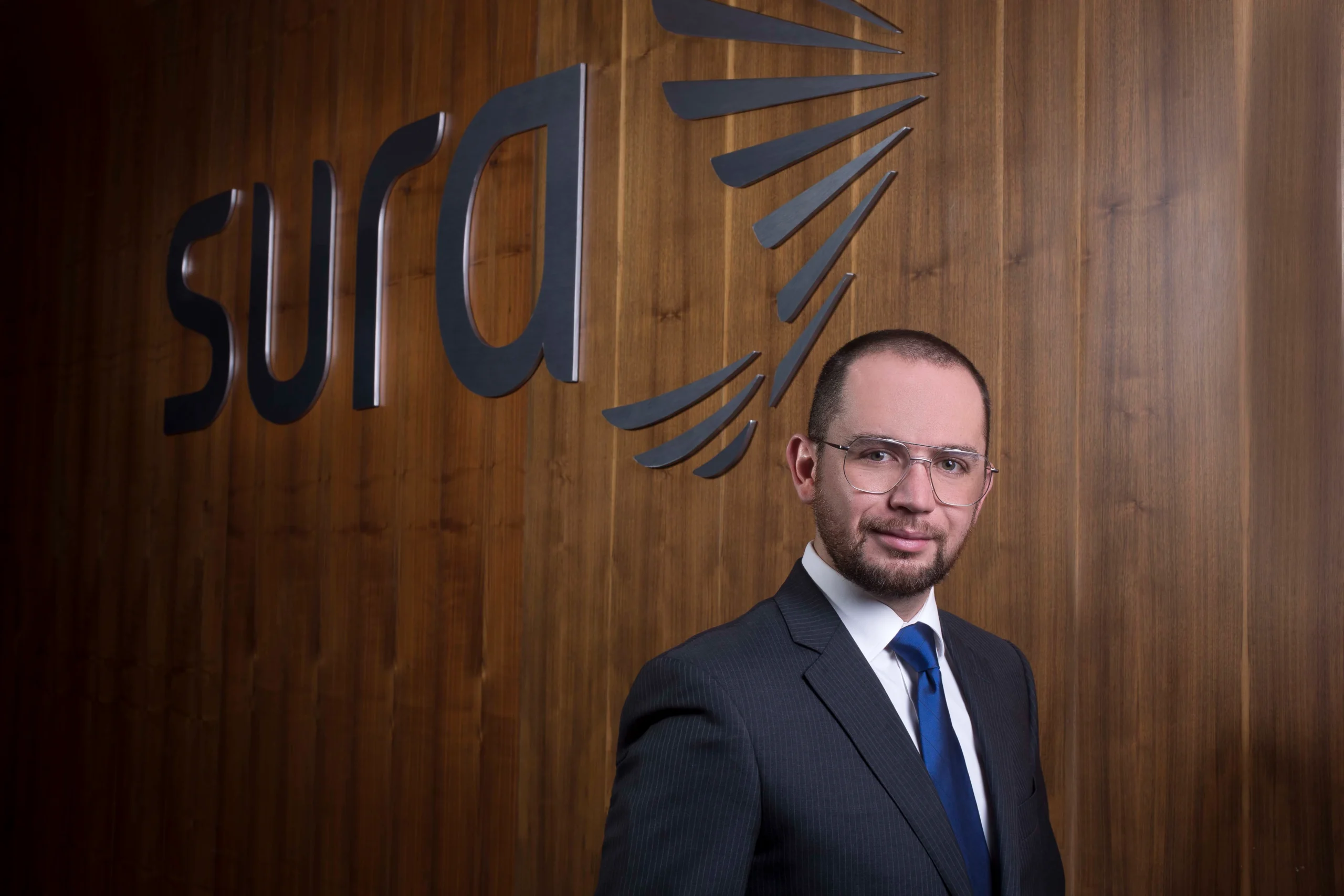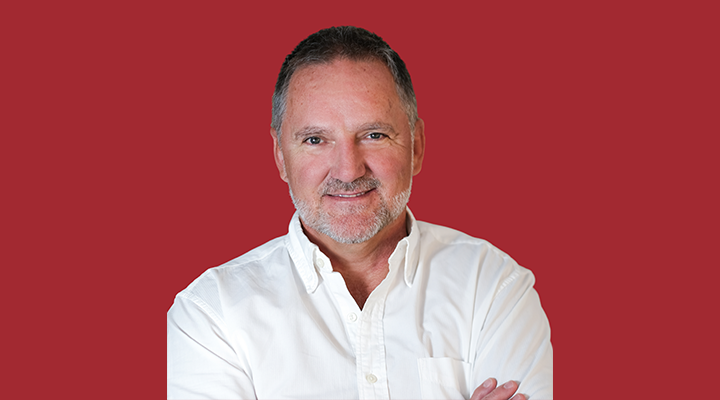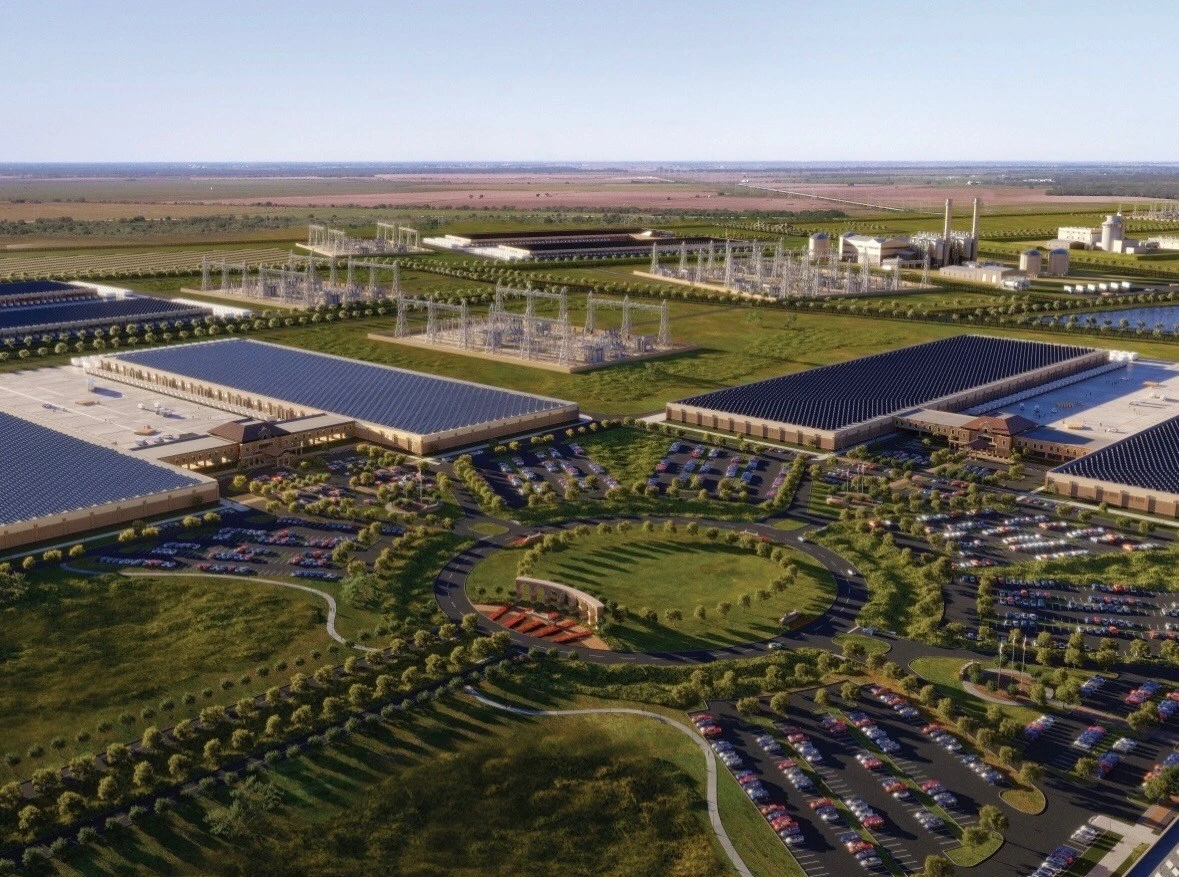PROMEA leads with ESG, technology and trust in a changing Swiss market

John E. Kaye
- Published
- Banking & Finance
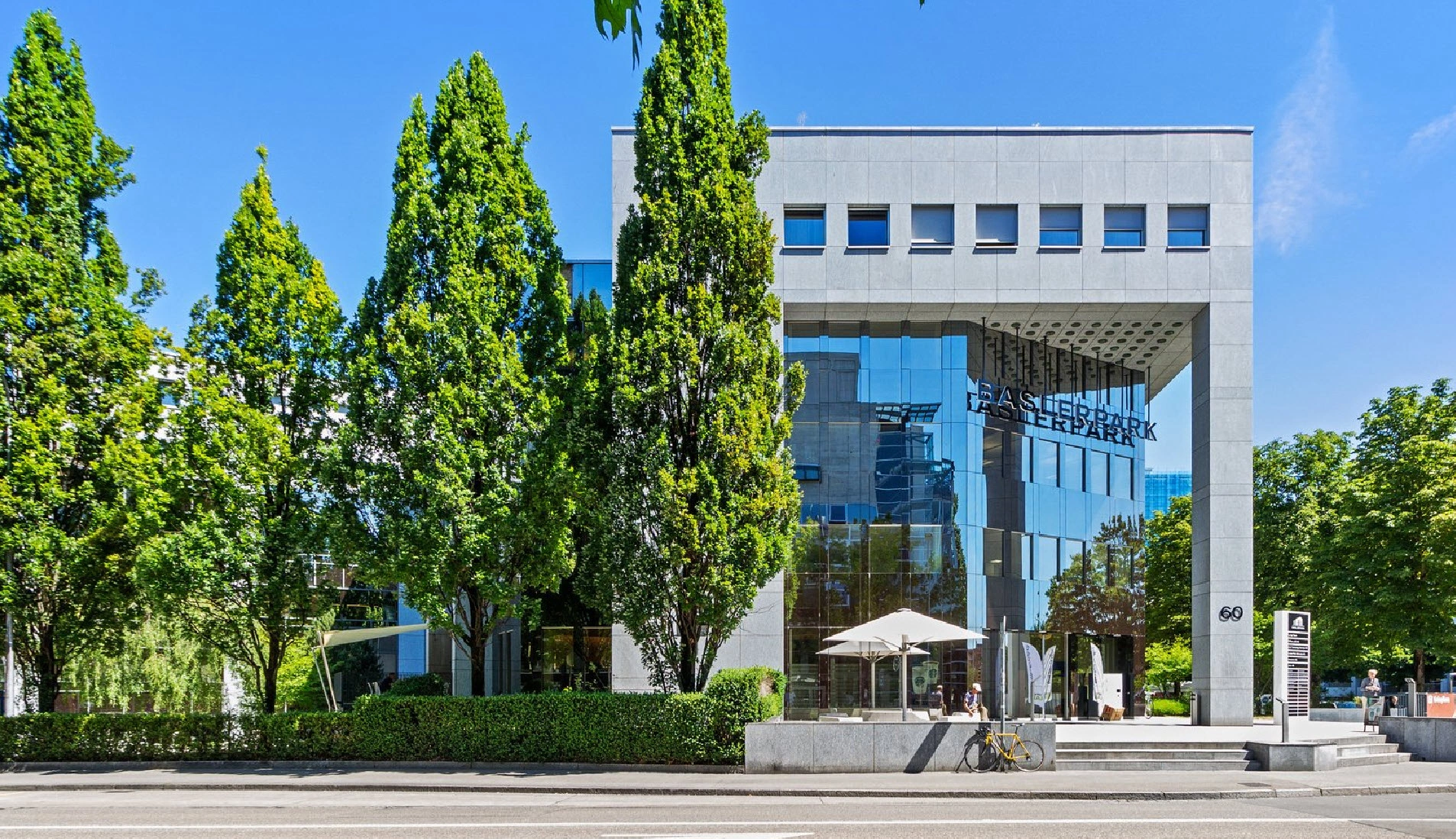
PROMEA has been recognised with multiple awards for sustainability and leadership. In this interview with The European, the Swiss social insurance manager outlines how it balances profitability with responsibility, embraces technological change, and positions itself for long-term resilience
A swelling cohort of retirees and slower growth in the workforce are forcing Switzerland to confront the long-term sustainability of its social insurance system. According to the Federal Statistical Office (FSO), mandated by the Federal Council since 1984 to produce demographic scenarios, the number of people aged 65 and over will rise from 1.7 million in 2023 to 2.7 million in 2055. By then, more than a quarter of the population will be over retirement age, while the working-age group will decline to just over half.
To put that into perspective, Switzerland is on course to have roughly one retiree for every two people of working age by the middle of the century, compared with one in three thirty years ago. This shift will narrow the base of contributors supporting the first and second pension pillars at the same time as the number of beneficiaries expands, raising difficult questions about how to finance future obligations and how to distribute the burden fairly across generations.
Regulators have responded to this outlook by tightening solvency requirements and strengthening governance standards, aiming to reassure both policymakers and the public that pension funds and insurers can withstand the pressure of demographic change. Providers, meanwhile, are expected to adopt more disciplined approaches to risk management, while investors are applying their own demands by insisting that environmental, social and governance criteria be embedded in portfolio strategies.
These expectations are being imposed in an environment of volatile markets, where geopolitical shocks, inflationary trends and fluctuating asset prices complicate the already difficult task of delivering stable long-term returns.
For insurance managers, these combined forces have translated into an operational challenge: to cut costs and improve efficiency without undermining the quality of service that underpins client trust. Automation and artificial intelligence are increasingly being used to handle routine administration and customer queries, but the technology can only succeed if it allows professionals to spend more time on judgment-based work and relationship management. In social insurance, where decisions affect the financial security, health and retirement of millions of people, clients continue to place a premium on human expertise.
PROMEA Social Insurances, a Swiss social insurance manager headquartered in Zurich, has made this balance — between efficiency and responsibility — the centrepiece of its strategy. By embedding sustainability in its corporate purpose, expanding its governance and social initiatives, and investing in technology that supports rather than sidelines its staff, it has sought to show how an insurer can adapt to change without compromising trust. In this exclusive Q&A interview with The European’s John E. Kaye, PROMEA’s CEO, Ricardo Garcia, outlines how the company is addressing demographic change, regulatory pressure and technological disruption while maintaining the service culture that has defined its reputation.
Q. The European: PROMEA has recently been recognised with multiple awards for sustainability and leadership. What core values or decisions have shaped its strategic direction over the past few years?
Our starting point has been to define a clear purpose, which we summarise as for people, safety and sustainability. Sustainability is not an add-on but part of our corporate identity, and we have built our objectives around that principle, ensuring that environmental, social and governance considerations are embedded throughout the organisation. Initially our focus was on climate, but it soon became clear that our responsibilities extended further, which is why we have broadened our activities across the social and governance pillars as well. A good example is the introduction of a volunteer week, which we launched for the first time in the company’s history as a way of encouraging staff engagement in the community. On the governance side we continue to benchmark ourselves against best practice and make rapid progress: in recruitment, for example, we advanced from 1,075th place to the top 20 in the Best Recruiters ranking for the German-speaking region, covering Switzerland, Germany, Liechtenstein and Austria, in the space of just one year.
Q. PROMEA Connect, your digital client platform, has been praised for simplifying personal administration. How do you balance automation with the need for human expertise in such a sensitive sector?
Our approach is deliberately pragmatic. We see automation as a way to give our people more time for work that adds real value, rather than as a substitute for human judgement. A good example is the comprehensive career homepage we introduced this year, which is supported by an HR bot. The bot, powered by artificial intelligence, is able to deal with a wide range of routine questions, which means our HR team can devote their time to critical tasks and strategic projects and gradually move into a more advisory, business-partner role. It also allows them to focus on applicants whose questions or circumstances require personal discussion. The same logic applies to PROMEA Connect on the client side. By partnering with other firms we are able to pool resources and finance larger automation projects, ensuring that efficiency gains are achieved without losing the human expertise that is essential in social insurance.
Q.You’ve managed to reduce portfolio costs while maintaining ESG standards. What’s your approach to integrating sustainability without compromising financial performance?
We base our investment approach on two complementary pillars. In liquid asset classes such as equities and bonds, we focus on keeping the tracking error low while still following a clear decarbonisation path. A low tracking error typically translates into lower costs, which helps us manage expenses while staying aligned with climate goals. Alongside this, we use our illiquid investments to create tangible impact. For example, we recently committed capital to ready-to-build renewable energy projects in Europe that fall under SFDR Article 9, the so-called “deep green” category. These projects will generate enough clean energy to avoid more than 10,000 tonnes of CO₂ equivalent per year — sufficient to supply over 7,500 households — while also delivering attractive risk-adjusted returns. We apply the same philosophy to real estate, where our efforts have been recognised by the Swiss Climate Alliance with the designation of “Visionary.”
Q.The European: PROMEA’s clients consistently highlight reliability and tailored service. What internal practices ensure such high levels of trust and responsiveness across your teams?
Everything begins with our culture. A commitment to quality has been part of PROMEA for decades and is deeply ingrained in the way we work. The results are visible in our most recent client survey, where we achieved a Net Promoter Score of +66 compared with an industry average of around +20. This is an indication of the trust our clients place in us. Our priority is to maintain this level, which requires us to continue supporting our employees so they can deliver the best service. That is why we are advancing digitisation and introducing artificial intelligence in ways that relieve staff of routine tasks and give them more capacity to focus on clients. Our guiding principle is that technology should be applied in an employee-friendly way, to motivate and support our teams and ultimately strengthen the service that clients experience.
Q.How do you see technology reshaping the future of social insurance in Switzerland—and what role will PROMEA play in that evolution?
We see our industry as standing at the beginning of a new technological cycle. Artificial intelligence has the potential to raise productivity to levels that were not previously possible, and we believe this will extend to social insurance as much as to other sectors. Progress in AI is often faster than anticipated, which means that processes considered too complex to automate today may well be managed by machines in the near future. For firms that embrace this change, the opportunity is to capture a competitive advantage, even if such an advantage may only last for a limited period before the technology becomes widespread. At PROMEA, our role is to ensure that we adopt these tools early and thoughtfully, in ways that enhance efficiency while preserving the trust and personal expertise that clients rely on.
Q.What are the biggest challenges and opportunities you foresee for PROMEA in the next five years, especially as regulatory landscapes and client expectations continue to shift?
Beyond technological change, which will remain a defining theme, we are closely monitoring valuations in global financial markets and the geopolitical risks that can quickly unsettle them. Many assets, particularly those in the risk category, are currently priced to perfection, leaving little room for disappointment and creating potential vulnerabilities. Our response is to strengthen reserves so that we are prepared for market corrections and to place even greater emphasis on diversification, which becomes more valuable as the outlook grows harder to predict. In this environment, Swiss assets — and the Swiss franc in particular — have gained appeal as safe havens. For that reason, we are likely to maintain our policy of hedging most of our currency risk, ensuring that our portfolios remain resilient in a world where uncertainty has become the norm.
Further information:
To find out more about PROMEA and its approach to sustainable social insurance management, visit www.promea.ch
Read More: ‘Why collective action matters for pensions and the planet‘. Pooling knowledge and uniting investors gives companies the pressure and support they need to transform. Alejandro Bujanos, Vice President of Sustainable Investing at Afore SURA, explains why collaborative engagement is essential for protecting both financial returns and the world clients will retire into.
Do you have news to share or expertise to contribute? The European welcomes insights from business leaders and sector specialists. Get in touch with our editorial team to find out more.
RECENT ARTICLES
-
 Managing cross-border risks in B2B e-commerce
Managing cross-border risks in B2B e-commerce -
 J.P. Morgan launches first tokenised money market fund on public blockchain
J.P. Morgan launches first tokenised money market fund on public blockchain -
 Aberdeen agrees to take over management of £1.5bn in closed-end funds from MFS
Aberdeen agrees to take over management of £1.5bn in closed-end funds from MFS -
 Enterprise asset management market forecast to more than double by 2035
Enterprise asset management market forecast to more than double by 2035 -
 EU Chamber records highest number of entries for 2025 China Sustainable Business Awards
EU Chamber records highest number of entries for 2025 China Sustainable Business Awards -
 Inside Liechtenstein’s strategy for a tighter, more demanding financial era
Inside Liechtenstein’s strategy for a tighter, more demanding financial era -
 ‘Stability, scale and strategy’: Christoph Reich on Liechtenstein’s evolving financial centre
‘Stability, scale and strategy’: Christoph Reich on Liechtenstein’s evolving financial centre -
 Bridging tradition and transformation: Brigitte Haas on leading Liechtenstein into a new era
Bridging tradition and transformation: Brigitte Haas on leading Liechtenstein into a new era -
 Liechtenstein in the Spotlight
Liechtenstein in the Spotlight -
 Fiduciary responsibility in the balance between stability and global dynamics
Fiduciary responsibility in the balance between stability and global dynamics -
 Neue Bank’s CEO on stability, discipline and long-term private banking
Neue Bank’s CEO on stability, discipline and long-term private banking -
 Research highlights rise of 'solopreneurs' as technology reshapes small business ownership
Research highlights rise of 'solopreneurs' as technology reshapes small business ownership -
 Philipp Kieber on legacy, leadership and continuity at Interadvice Anstalt
Philipp Kieber on legacy, leadership and continuity at Interadvice Anstalt -
 Building global-ready funds: how South African managers are scaling through offshore platforms
Building global-ready funds: how South African managers are scaling through offshore platforms -
 Global billionaire wealth hits record as relocation and inheritance accelerate, UBS finds
Global billionaire wealth hits record as relocation and inheritance accelerate, UBS finds -
 Human resources at the centre of organisational transformation
Human resources at the centre of organisational transformation -
 Liechtenstein lands AAA rating again as PM hails “exceptional stability”
Liechtenstein lands AAA rating again as PM hails “exceptional stability” -
 Lusaka Securities Exchange surges ahead on reform momentum
Lusaka Securities Exchange surges ahead on reform momentum -
 PROMEA leads with ESG, technology and trust in a changing Swiss market
PROMEA leads with ESG, technology and trust in a changing Swiss market -
 Why collective action matters for pensions and the planet
Why collective action matters for pensions and the planet -
 Structuring success with Moore Stephens Jersey
Structuring success with Moore Stephens Jersey -
 PIM Capital sets new standards in cross-jurisdiction fund solutions
PIM Capital sets new standards in cross-jurisdiction fund solutions -
 Innovation, advisory and growth: Banchile Inversiones in 2024
Innovation, advisory and growth: Banchile Inversiones in 2024 -
 Digitalization, financial inclusion, and a new era of banking services: Uzbekistan’s road to WTO membership
Digitalization, financial inclusion, and a new era of banking services: Uzbekistan’s road to WTO membership -
 Fermi America secures $350m in financing led by Macquarie Group
Fermi America secures $350m in financing led by Macquarie Group






